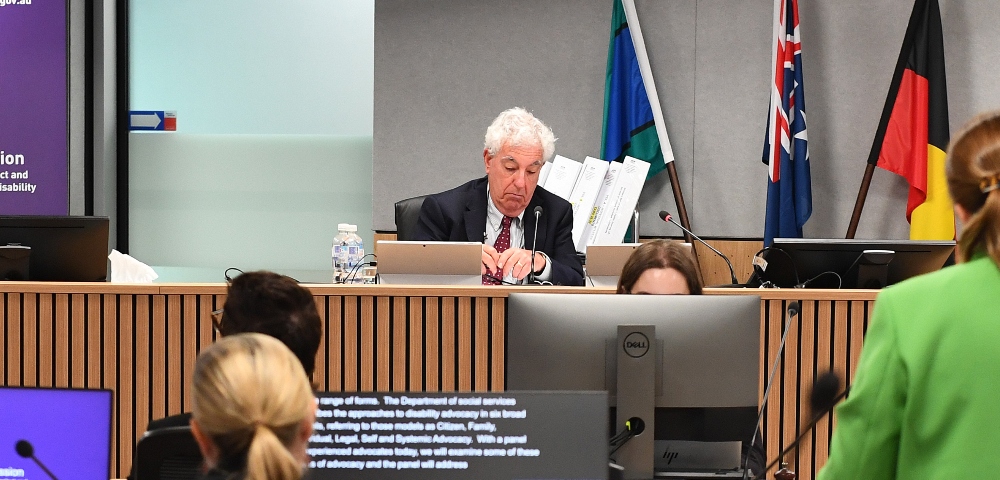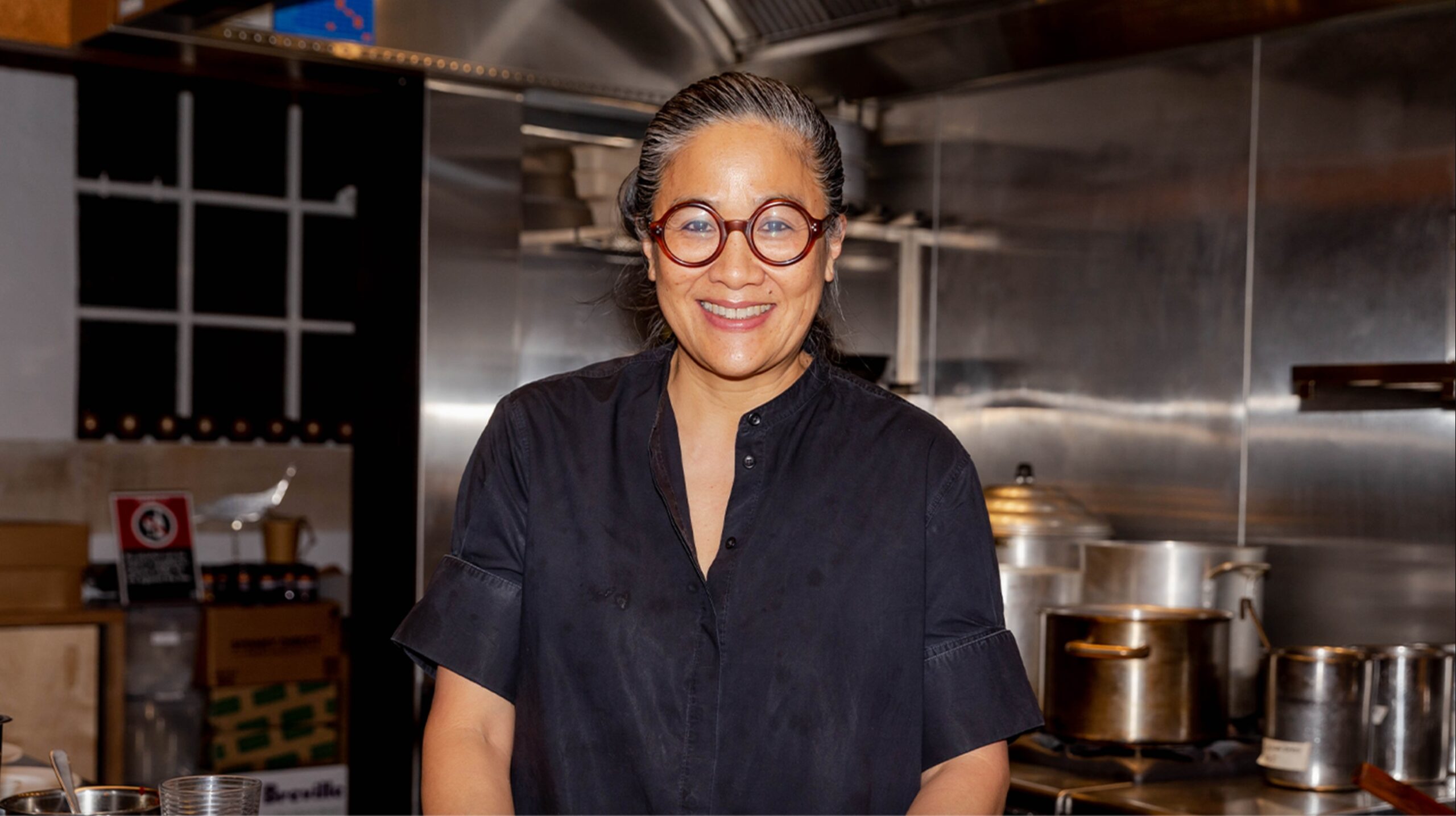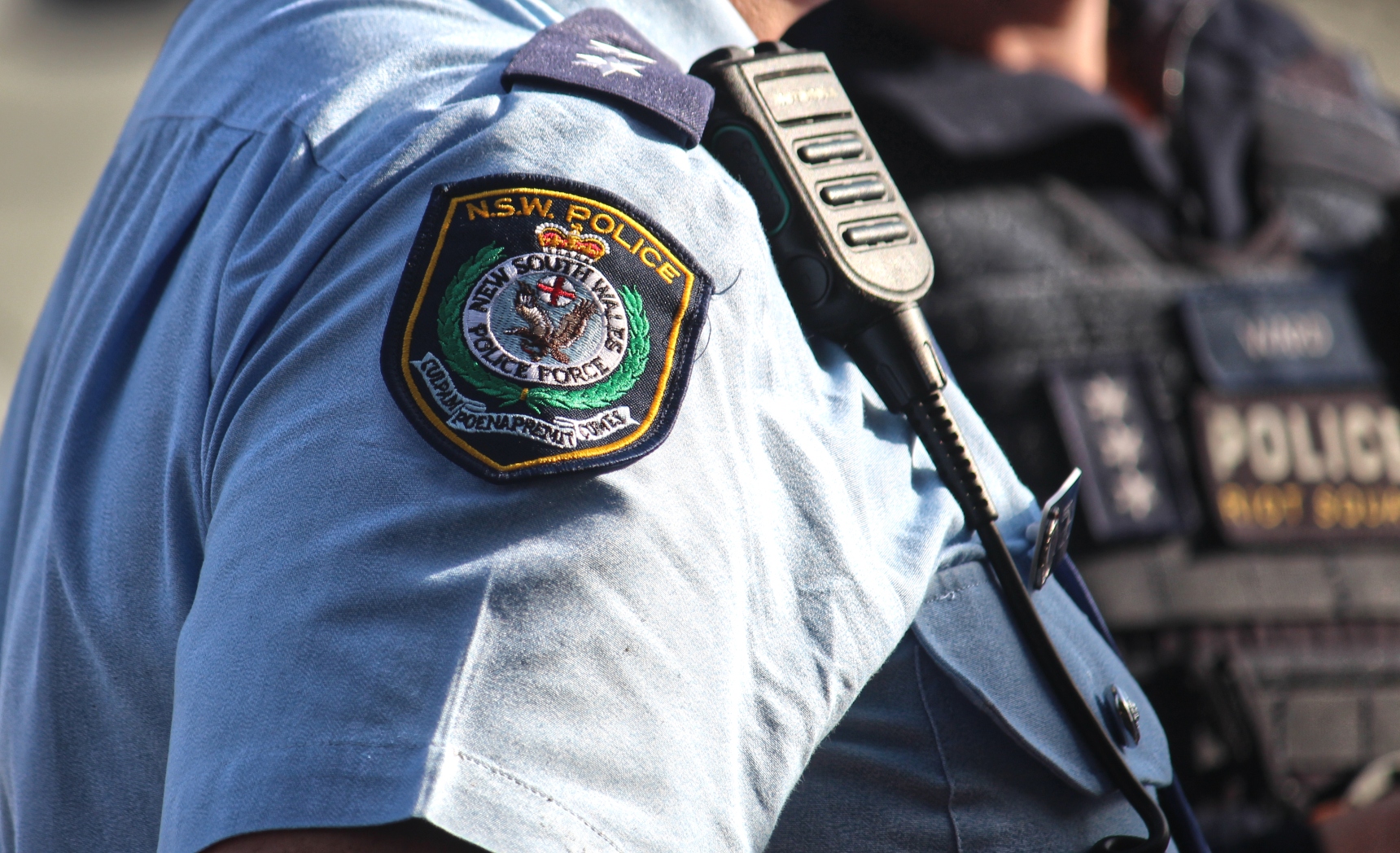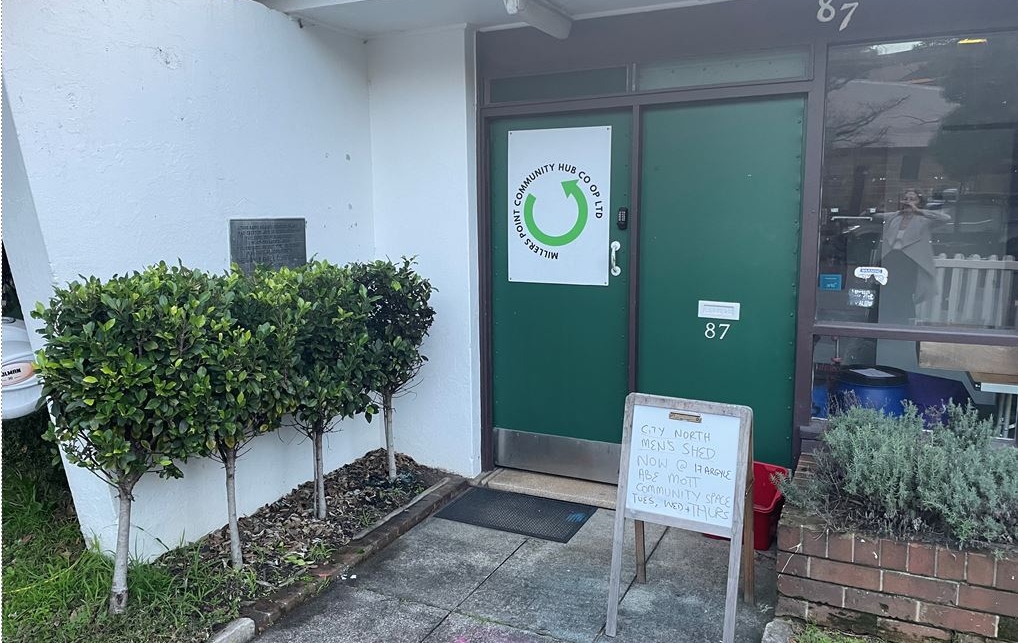
Split decision in ending segregated education and employment for people with disability

by GRACE JOHNSON
Down Syndrome Australia (DSA) has expressed their disappointment with the split in the Commissioners’ recommendation to end segregated education and employment.
The Final Report of the Royal Commission into Violence, Abuse, Neglect and Exploitation of People with Disability was published in 12 volumes on Friday morning.
The Royal Commission made 222 recommendations for improving the lives of people living with disability in Australia.
Among the recommendations is the proposal to completely phase out “special/segregated” education by 2051 so that students with disability have equal access to mainstream education.
The report flagged that Commissioners had differing views about whether isolated educational and employment settings for people with disability should be phased out.
The report also recommended establishing a National Inclusive Employment Roadmap with the target of ending segregated employment and raising all wages to the full minimum wage by 2034.
Darryl Steff, CEO of DSA, said “right now people with disability are working in isolation from the community and being paid a pittance at $3 an hour. It is time to transform our system and end separate workplaces so that people with Down syndrome, and people with disability, can be socially and economically included.”
“If we are to end discrimination against people with disability, the Government must act to end segregation. That can start with a commitment to end separate workplaces, and special schools.”
DSA also suggested that a tighter timeline than the suggested year of 2051 be set.
The 222 recommendations in the report focus on how to improve laws, policies, structures, and practices relating to people with disability in Australia.
The Honourable Ronald Sackville AO QC, Chair of the inquiry, said “our Final Report marks the culmination of many years of advocacy by people with disability and their representative organisations.”
“It also marks the beginning of a new stage in the reform process.”
The report highlighted a need for creating equal access to employment opportunities through better pathways into the workforce, such as training for people with intellectual disability.
A major theme in the report was ending the segregation of people living with disability. The report noted that around 17,000 Australians with disability live in group homes, a long-term housing option that normally includes on-site support services.
Some argue that these segregated environments can increase the risk of violence, abuse, neglect and exploitation of those living with disability.
The Commission recommended phasing out group homes within 15 years, calling for the development of inclusive housing and transition support for people leaving group homes.
The Royal Commission was set up in April 2019 to investigate violence against and exploitation of Australians with disability. Since then, the commission has held 32 public hearings, examined 837 witnesses, and received more than 10,000 submissions.
Royal Commissions are independent of the government and have broad powers to hold public hearings, call witnesses under oath and compel evidence. This is compiled to make recommendations to the government about what to change regarding matters of great importance.
Minister for Families and Communities and Minister for Disability Inclusion Kate Washington said “over the past 4 years, the royal commission has shone a light on the serious abuse, exclusion and injustice that people with disability face across our society.”
The NSW Government welcomes the the report’s findings and recommendations. A formal response to the royal commission’s final report will be provided within the next 6 months.









